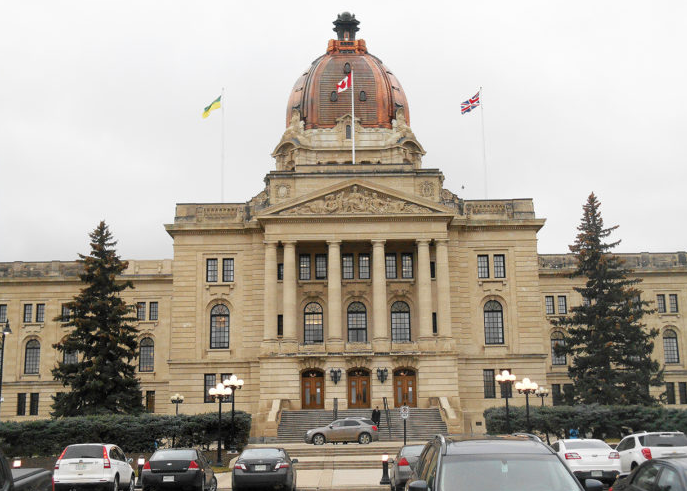
Saskatchewan’s Information and Privacy Commissioner has called for legislative changes that would make his office’s recommendations legally binding.
That call was one of 78 made by Commissioner Ronald J. Kruzeniski in his annual report, which was released on Thursday. The list includes recommendations requiring individuals or public bodies to apply to the Court of Queen’s Bench within 20 days of receiving recommendations that they did not want to follow.
“That may not be a total answer to the issue, but I think it would require municipalities to look at the recommendations and … take them more seriously, knowing that they’re binding,” Kruzeniski said during an interview Thursday afternoon. “When you have someone who chooses to totally ignore you, it’s an extremely difficult situation.”
The Northern Village of Pinehouse was one of the biggest culprits when it came to ignoring legislation. Kruzeniski’s office has issued 16 reports on how the village’s failure to release records requested by private citizens.
In his last report, Commissioner wrote that village administration “picks and chooses which applicants and access requests it wishes to respond to,” something which was “unacceptable.”
“By report number 13, my ability to make any more recommendations that Pinehouse would pay attention to was pretty well zip,” Kruzeniski said. “They were ignoring our office, basically. I would have thought that after the 13th report that things would change, and we wouldn’t have to issue the 14th, 15th and 16th reports, but we did and things have not changed that much.”
Kruzeniski applauded the provincial government’s decision to launch an investigation headed by lawyer Neil Robertson following his 13th report. He called Robertson’s appointment to the bench in May a “slight hiccup” but he remains confident with the investigation’s current direction. Still, he’s disappointed it’s even necessary in the first place.
“Canadians are pretty law abiding people,” he said. “But, when somebody just starts to just totally ignore you, it creates a problem for the whole system.”
Kruzeniski was recently appointed to another five-year term in office. In his annual report, he wrote that updating and modernizing legislation would be the biggest priority over those next few years. His main targets are the Freedom of Information and Protection of Privacy Act, the Local Authority Freedom of Information and Protection of Privacy Act and the Health Information Protection Act.
The Northern Village of Pinehouse is one of 11 entities who are either not complying or not responding to recommendations from the Information and Privacy Commissioner. Other authorities or trustees who are not complying include the Ministry of Environment, Ministry of Energy and Resources, Saskatchewan Health Authority and two Prince Albert health clinics: West Hill Medical Clinic and South Hill Medical Practice.
There are more than a dozen entities listed as being in partial compliance, one of which is the City of Prince Albert.
